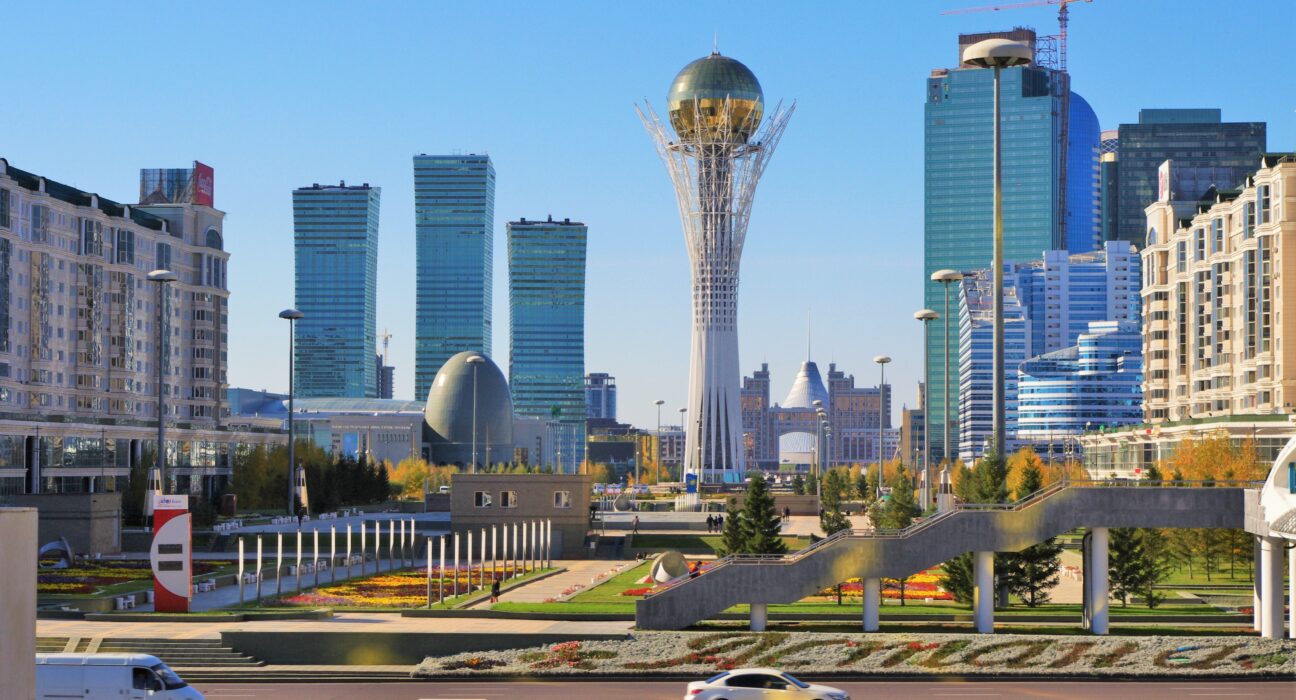An expert discussion titled “Kazakhstan as a Middle Power: Geopolitics, Critical Minerals, and the Middle Corridor” was held at the Royal United Services Institute (RUSI) in London last week. Organized by one of the most respected think tanks in the world, the event provided a platform to exchange views and opportunity to analyze Kazakhstan’s role on the global stage, the Kazakh Foreign Ministry reported.
The event at the RUSI aligns with the broader context of the main topic of the recently discussed Astana Think Tank Forum on the role of middle powers in a changing global order, during which President of Kazakhstan Kassym-Jomart Tokayev emphasized the importance of middle powers’ mediating role in maintaining the fundamental principles of global cooperation.
The discussion was moderated by Dr. Jonathan Eyal, Deputy Director of RUSI, and featured speakers such as Gonzalo Saiz Erausquin, Senior Research Fellow at RUSI’s Centre for Financial Crime and Security Studies, who presented data on the strategic importance of Kazakhstan’s natural resources for the global economy; Henry Sanderson, journalist and author of the book “Volt Rush”, who highlighted the global competition for resources and Kazakhstan’s role; Dr. Bhavna Dave, Senior Lecturer in Central Asian Politics at SOAS, who shared her analysis of Kazakhstan’s political strategy and its role in regional stability; and Miras Zhiyenbayev, expert at the MIND analytical center and author of the book “Widening the Scope: How Middle Powers are Changing Liberal Institutionalism”, who offered an expanded view of Kazakhstan as a middle power and a leading player in Eurasian infrastructure development.
The expert discussion in London provided the British audience with a deeper understanding of Kazakhstan’s role as a middle power, particularly in the context of its contribution to the development of key transport routes and its strategic importance as a supplier of critical minerals to the global economy.
